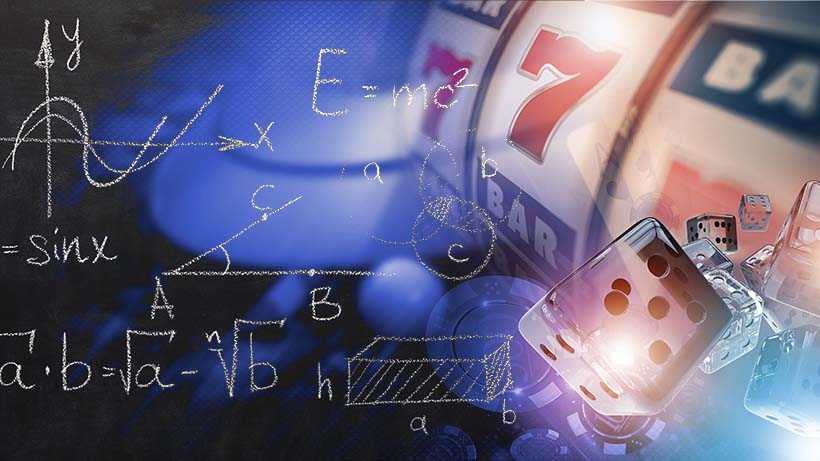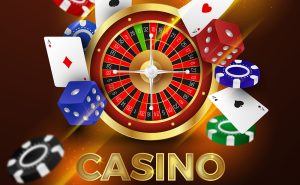
Luck has long been intertwined with the world of gambling, captivating players with its mysterious and unpredictable nature
While luck may seem intangible and subject to superstition, there is a scientific foundation underlying its role in gambling. This article explores the science behind luck, delving into concepts of chance, probability, and the influence of superstition in the gambling realm
1. The Role of Chance:
At the core of gambling lies the concept of chance. Chance refers to the unpredictable nature of outcomes in games of chance, where no particular skill or strategy can guarantee a specific result. Probability theory, a branch of mathematics, enables us to understand and quantify the likelihood of different outcomes occurring. Games such as roulette, dice, and slot machines rely heavily on chance, as the outcome is determined by random processes.
2. Probability and Expected Value:
Probability is a key component in assessing the potential outcomes and expected value in gambling. Probability allows us to calculate the likelihood of specific events occurring and aids in making informed decisions. Expected value, derived from probability, is a measure of the average outcome over the long run. Understanding probability and expected value helps players evaluate the potential risks and rewards associated with their gambling choices.
3. Misconceptions and Gambler’s Fallacy:
The human mind often seeks patterns and connections, leading to common misconceptions and fallacies in gambling. One such fallacy is the Gambler’s Fallacy, where individuals believe that past outcomes influence future results. For example, if a coin lands on heads multiple times in a row, some may mistakenly believe that tails is “due” to appear. In reality, each coin flip is an independent event, and the previous outcomes do not influence the next one.
4. The Illusion of Control:
Superstitions and rituals are prevalent in the gambling world, as players often seek to exert control over uncertain outcomes. The belief in lucky charms, specific routines, or rituals before or during gambling sessions provides a sense of control and enhances confidence. While these superstitions may have psychological benefits, they have no direct impact on the random outcomes of games.
5. Biases and Cognitive Distortions:
Human cognition is prone to biases and cognitive distortions that can influence gambling behavior. For instance, the availability heuristic bias leads individuals to overestimate the likelihood of rare events based on their availability in memory. This can result in an inflated perception of winning possibilities, encouraging riskier gambling behavior.
6. Skill-Based Games and Strategic Thinking:
While chance dominates many forms of gambling, skill-based games such as poker and blackjack incorporate elements of strategy and decision-making. Strategic thinking, understanding odds, and reading opponents’ behavior can improve a player’s chances of winning in these games. Skill and knowledge reduce the reliance on luck alone, demonstrating that a combination of factors contributes to gambling outcomes.
7. Emotional Factors and Risk-Taking:
Emotions play a significant role in gambling, influencing decision-making and risk-taking behavior. The thrill of uncertainty, the excitement of potential wins, and the fear of losses can lead individuals to make impulsive or irrational choices. Emotional self-control and awareness are essential in responsible gambling, as managing emotions helps maintain rational decision-making.
8. Responsible Gambling and Informed Choices:
Understanding the science behind luck in gambling contributes to responsible gambling practices. Recognizing the role of chance and probability can foster realistic expectations and informed choices. Responsible gambling involves setting limits, managing bankrolls, and making decisions based on knowledge rather than relying solely on luck or superstition.
Conclusion:
Luck in gambling is not purely mystical but rooted in scientific concepts such as chance, probability, and human cognition. While luck remains an integral part of gambling, understanding the science behind it empowers players to make informed decisions and engage responsibly. Recognizing the influence of superstition, biases, and cognitive distortions allows individuals to enjoy gambling as a form of entertainment while minimizing the potential risks associated with irrational beliefs and behaviors.


